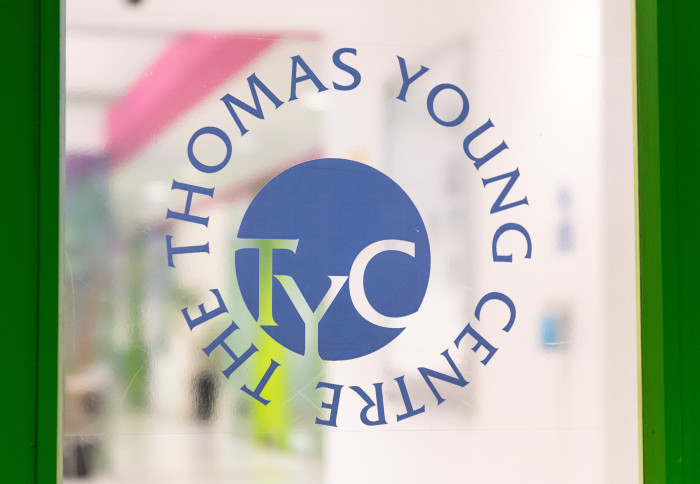
- This event has passed.
TYC Symposium: Data Driven Materials Design
16 November 2023 @ 1:00 pm – 4:00 pm
Venue: Mary Ward House, Tavistock Pl, London WC1H 9SN, UK
Also accessible via Zoom, details further down the page.
Forming a four-component compound from the first 103 elements of the periodic table results in more than 1012 combinations. Such a materials space is intractable to high-throughput experiment or first-principles computation. 10 years ago, the SMACT code was developed to quickly search through this space using simple chemical heuristics. In the decade since then the world of computational materials design has been revolutionised by the adoption of machine learning (ML) techniques. In this event we bring together the original developers of SMACT as well as scientists at the cutting edge of modern materials design. We will discuss a range of topics including, deep learning for materials design, high-throughput screening and how working on a research project can open up a career in research software engineering.
13:00 – 13:10 Welcome
13:10 – 13:30 Yuqi Song: University of Maine (Virtual)
AI for science: Accelerating the discovery of advanced materials using data-driven AI techniques
Abstract: Artificial intelligence and deep learning are revolutionizing all scientific disciplines with their superior capability to learn to detect patterns from large amounts of data and build predictive models from data without relying upon prior theory or understanding. Our research focuses on using these techniques to uncover relationships between structures and properties in materials. By utilizing deep learning algorithms, we designed several models to predict crystal structures and discover novel 2D materials, as well as predict material properties. Considering that the number of inorganic materials discovered so far by humanity is only a tiny portion of the almost infinite chemical design space, our AI-based data-driven computational materials discovery has the potential to transform the conventional trial-and-error approaches in materials discovery.
13:30 – 13:50 Sterling Barid: The Acceleration Consortium (Virtual)
13:50 – 14:10 Daniel Davies: Benevolent AI (In Person)
Making the leap to software engineering (and bringing your research interests with you)
Abstract: Software engineering is one of the most transferrable skills you can develop throughout a research career. As scientific research is underpinned by software at every step, making the transition from academic to software engineer does not have to involve a departure from the world of cutting-edge research. In this talk, I will outline my journey from a chemistry PhD candidate to a Software Engineer within a computational chemistry team in industry. I hope I can provide some useful tips and insights for early-career researchers who may be wondering where their interest in coding could lead them next.
14:10 – 14:30 Refreshments
14:30 – 15:30 Tian Xie, Microsoft Corporation (In Person)
Join Zoom Meeting: https://ucl.zoom.us/j/97258200628?pwd=eDlhbjJCaFpRcGhhTDM1blIvb05iQT09
Meeting ID: 972 5820 0628
Passcode: Millis

